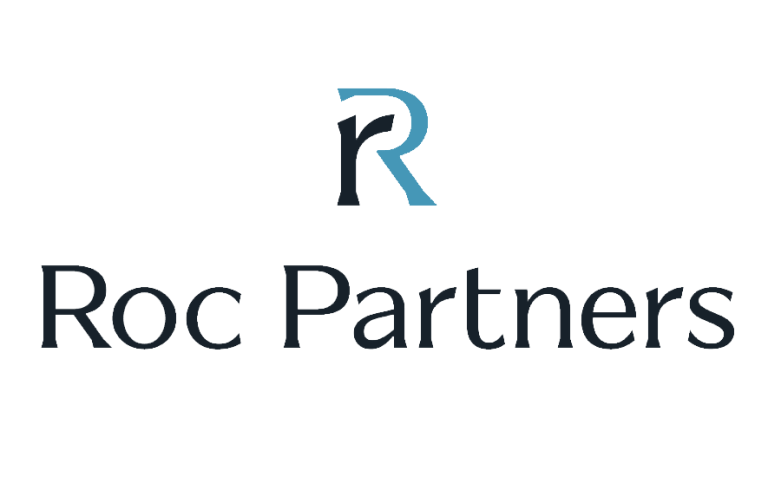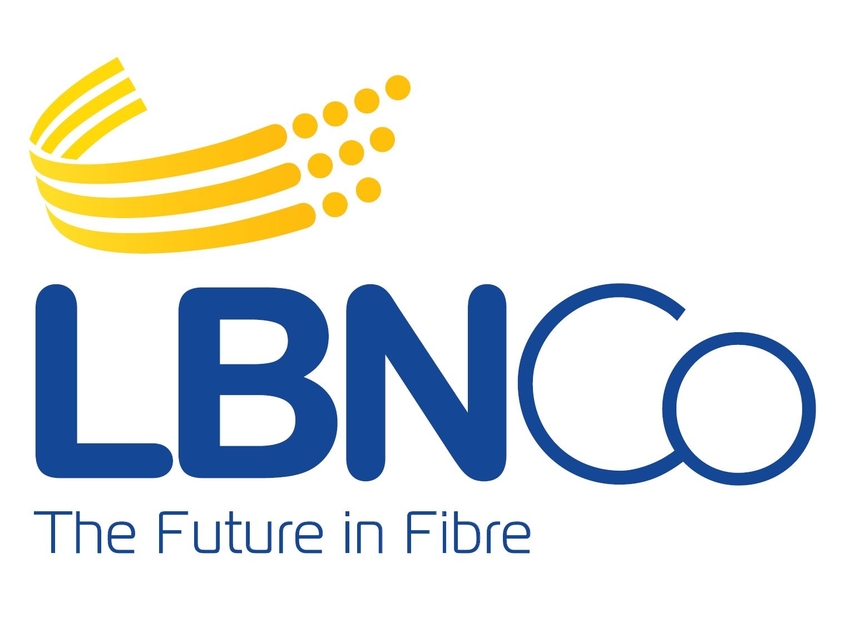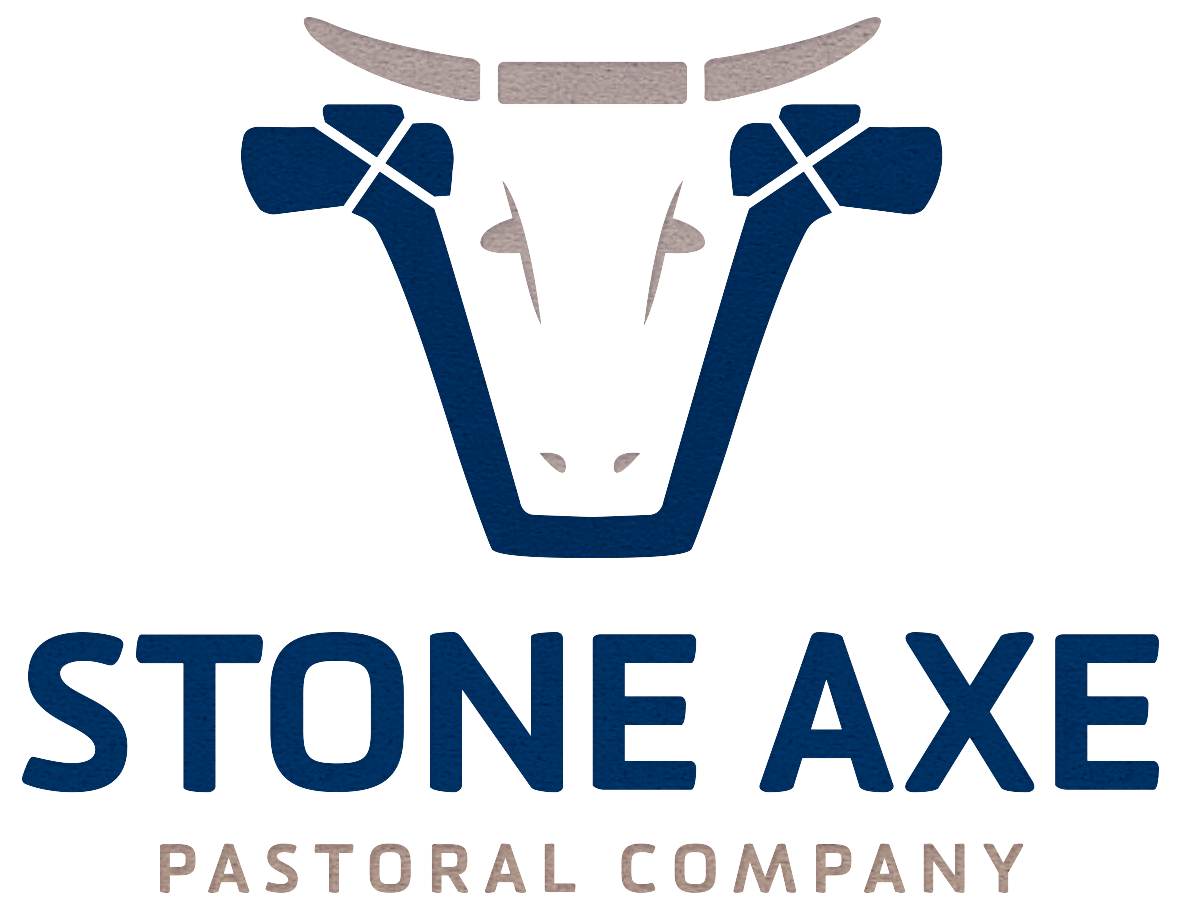Mike Lukin: If we look at private debt markets, I think we're starting to see probably more activity in private debt as owners of businesses who have either debt facilities outstanding and are thinking about refinancing or looking at these opportunities, coming back to their banks, coming back to their finances and saying we'd like to extend our maturities on our debt. We'd like to add more capacity to our debt. We're seeing spreads for some of these businesses actually widen, and a lot of vendors actually trying to amend and extend their programs as opposed to go back to the market because I know the terms they were getting two years ago, for example. They just won't get those in the market today. So I think we're in that first phase of the private debt markets resetting to a new level. I think that'll create some opportunities. There's clearly the banks are pulling back from their lending, particularly to that private company part of the market that we operate in. And so I think from a private credit perspective, I think we're seeing not only higher base rates, which is obviously attractive, but margins also starting to move into a more favorable part of the cycle.
Generally I over the next six months, I think we're going to see some really interesting private credit opportunities in a world where there's probably still some nervousness about valuations and earnings. Conservatively geared businesses looking at taking a position in the debt of those businesses is actually probably an attractive part of financial markets at the moment, particularly where it's a floating rate exposure. So moving away from that risk around duration, really taking a view on the credit quality of these businesses, taking a view on the level of leverage and how sustainable that is through the cycle. Actually maximizing the return outcome given the ability for groups looking for finance to be able to shop it around, is far more limited today than it was even 12 months ago.
Anna Ellis: Yeah. Thinking now and forward, not all private credit is the same. So what are some of the things that we think about or that we might think about when we look at private credit, whether it's sectors or access to deals in the private credit space And so on?
Mike Lukin: Yeah, no, I think that's a really good point. And I think all private credit is not the same, and I think that's a really important point to touch on. When the markets were great and the economy was strong and rates were low, we really struggled to articulate why the type of private credit we are looking to invest in is different to some of the other opportunities out there.
We clearly aren't in the part of the market that's going to drive double digit margin when cap rates are, interest rates are at zero. So we don't think that that's a really attractive part of the market, particularly at the moment, because if you think about from a more holistic approach, if you are having to borrow money at 12, 13% margin, then that's really more equity like in terms of the risk portfolio taking than debt. I think what we've always stated is we want to be targeting businesses that are in sectors that are super attractive. Less discretionary in terms of nature. So ,think healthcare, think government services, think childcare, industry/sectors that have strong resilience through the cycle.
And then specifically looking at the risk of those opportunities. Ruling out industries that are not attractive because they're cyclical, but then even within those attractive industries, focusing in on businesses that have great cash flow measures, that are not over geared, just because of businesses in the right industry doesn't necessarily make it a good land. It may be a great equity story for the investor, but we're really on that private credit side looking for businesses that are levered kind of on a way that is sustainable through a downturn. So, three to four turns of EBITDA leverage, margins 400-500 basis points, that's giving us an all in yield of 9- 10%, which we think is a really attractive return profile given the uncertainty in markets. And with the types of businesses we're buying, not only are there ability to service that kind of leverage, very achievable, but also in a really severe situation where debt has to step in to sell the asset, that there's a lot of asset coverage there, that in essence we can take control of the asset, sell that in the market, and have plenty of equity buffer sitting behind us in that scenario.
So we're very comfortable that the types of exposures we're looking to achieve are really set up for a more difficult economic environment over the next 12-24 months, with limited risk of loss in the portfolio. And we'll continue to look for those opportunities.
We don't necessarily need to go and deploy a lot more capital. We can be really conservative, wait for the opportunities to emerge, and if they just don't hit our return profile, and probably more importantly in this environment our risk profile, we're happy to say no and step away.




